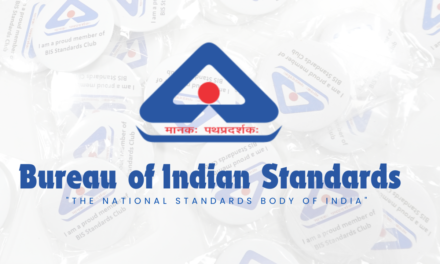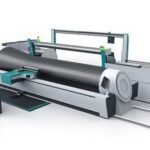A New Study Calls on the Industry to Move “Beyond Polyester”
A new study has urged the textile industry to move “beyond polyester” as part of a broader shift toward more sustainable materials. While polyester has long been a dominant fiber due to its affordability and versatility, the environmental toll it takes, particularly in terms of microplastic pollution and energy-intensive production processes, has raised serious concerns. The study emphasizes the urgent need for the industry to explore alternatives to polyester to mitigate its negative impact on the planet.
Environmental Challenges with Polyester:
Polyester, a synthetic fiber made from petroleum-based resources, is non-biodegradable, contributing to plastic pollution in oceans and landfills. Its production also requires significant energy consumption, further exacerbating the carbon footprint of the textile sector. The study highlights the growing problem of microplastic shedding from polyester garments during washing, which can end up in water systems, posing a threat to aquatic life.
Alternative Materials Gaining Traction:
The call to move “beyond polyester” focuses on the rise of bio-based, natural fibers that offer more sustainable options. These include hemp, linen, organic cotton, and innovative bio-fabric materials made from mushrooms or algae. Additionally, recycled fibers such as recycled cotton and recycled nylon are gaining popularity as they reduce waste and reliance on virgin materials.
The study also points to the emergence of “next-gen” fibers, including lab-grown leather and plant-based synthetic fibers, which could replace polyester while being more eco-friendly and biodegradable.
Industry Calls for Change:
Leading organizations and fashion brands are being urged to adopt sustainable alternatives to polyester, particularly in light of consumer demand for eco-conscious products. The study recommends increased investment in innovation and research to develop new materials that meet the functional and aesthetic demands of the industry, while also being more environmentally responsible.
Circular Economy and Recycling:
While the study advocates for moving beyond polyester, it also emphasizes the importance of circularity in the textile industry. Recycling technologies, such as chemical recycling and fiber regeneration, can help reduce the environmental impact of existing polyester garments, offering a way to recycle used fabrics into new products, thus reducing waste and the need for virgin materials.
The Role of Policy and Consumer Awareness:
The study calls for stronger policies and regulations that encourage the use of sustainable materials and reduce dependence on polyester. It also emphasizes the need for consumer education, highlighting the role of consumers in driving demand for sustainable fashion choices.
The study urges the textile industry to shift away from polyester and adopt more sustainable fibers to reduce the sector’s environmental impact. By embracing alternative materials, innovative recycling methods, and circular economy practices, the industry can pave the way for a greener future in fashion and textiles.







